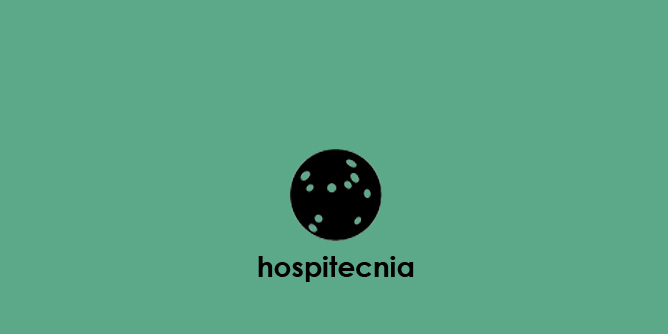Hospital reimbursement patterns among patients with surgical wound infections following open heart surgery
Infect Control Hosp Epidemiol. 1990 Feb;11(2):89-93Autores:
Boyce JM, Potter-Bynoe G, Dziobek L.
Division of Infectious Diseases, Miriam Hospital, Providence, Rhode Island 02906.
Abstract:
Of the more than 200,000 patients who undergo open heart surgery annually in the United States, 2% to 10% will develop a post-operative infection related to their surgery. The economic impact of such infections on hospitals under the prospective payment system is unclear. To study the effect of such infections on hospital costs and reimbursement patterns, we compared case patients with controls of similar age, sex, urgency of surgery and type of surgery. The postoperative stay for cases was significantly longer than for matched controls (26.8 days and 8.3 days, respectively; p = .0002). The mean hospital cost for case admissions ($25,957) was twice as high as for control admissions ($12,795) (p = .0002). Cases resulted in an average net loss to the hospital of $2,344 per patient, while controls yielded an average net gain of $3,196 per patient (p = .02). We conclude that hospitals have substantial financial incentives to minimize the incidence of postoperative wound infections associated with open heart surgery.Boyce, J.M.; Potter-Bynoe, G.; Dziobek, L.
Para poder escribir un comentario debe iniciar sesión o darse de alta en el portal.



























































